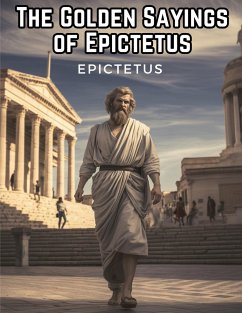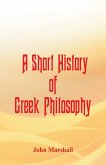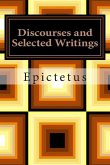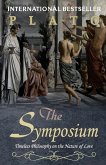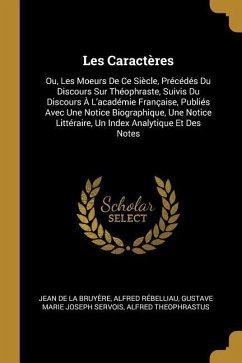"The Golden Sayings of Epictetus" is a collection of teachings and aphorisms attributed to the Stoic philosopher Epictetus. Epictetus was a Greek philosopher who lived in the first century AD and is known for his emphasis on personal ethics, self-discipline, and the importance of controlling one's reactions to external events. Key features of "The Golden Sayings of Epictetus" include: Stoic Philosophy: Epictetus was a prominent Stoic philosopher, and his teachings reflect the core tenets of Stoicism. Stoicism emphasizes the importance of virtue, rationality, and the idea that individuals have control over their thoughts and reactions, even if they cannot control external events. Practical Advice: The sayings in the collection are practical and often offer advice on how to live a virtuous and content life. Epictetus addresses various aspects of human existence, including dealing with adversity, managing desires, and cultivating inner tranquility. Focus on Inner Freedom: Central to Epictetus' philosophy is the notion that true freedom lies in the ability to control one's own mind and reactions. He encourages individuals to detach themselves from external circumstances and focus on cultivating virtue and wisdom. Aphoristic Style: The sayings are presented in an aphoristic style, meaning they are concise and often expressed in a memorable or impactful manner. This style is characteristic of Stoic literature and contributes to the practicality of the teachings. Ethical Insights: The sayings cover a range of ethical and moral topics, providing guidance on issues such as integrity, humility, and the pursuit of wisdom. Epictetus encourages individuals to live in accordance with reason and virtue. Influence on Later Philosophers: Epictetus' teachings have had a lasting impact on the development of Western philosophy. His emphasis on personal responsibility and the power of the mind has resonated with thinkers throughout history, including later Stoics and even modern philosophers. Adaptations and Translations: "The Golden Sayings of Epictetus" has been translated into various languages, and different editions may include additional commentary or adaptations for contemporary readers. The goal is often to make Epictetus' wisdom accessible to a broad audience. Overall, "The Golden Sayings of Epictetus" is a valuable resource for those interested in Stoic philosophy and seeking practical guidance on living a virtuous and meaningful life. The sayings provide timeless insights into human nature, ethics, and the pursuit of inner peace.

